1. Leaving Pet Food or Birdseed Out Overnight
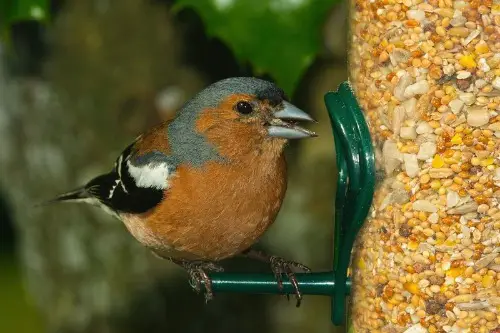
You might be feeding your dog or the birds—but raccoons, rats, and opossums see it as an open buffet. Unattended food, especially overnight, is one of the biggest invitations for unwanted visitors. Once they know there’s a free meal, they’ll keep coming back—and bring friends.
If you feed pets or birds outdoors, clean up leftovers promptly and use feeders with squirrel- or rodent-proof designs. It’s fine to be generous—just not careless. The goal is to attract songbirds, not scavengers.
2. Letting Water Collect in Containers
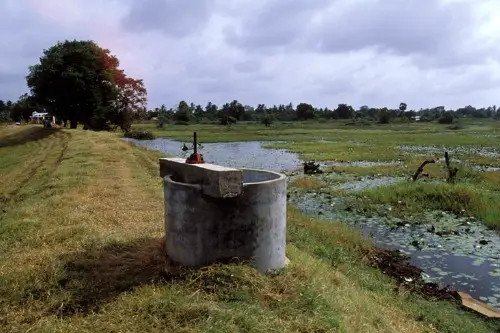
Standing water in pots, buckets, or even saucers is a mosquito magnet. These pests only need a tiny amount of water to breed, and once they do, your garden becomes their nursery. It’s not just annoying—it’s a health risk.
Empty containers after rain, store them upside down, and keep birdbaths clean and refreshed every few days. If you have a pond, consider adding mosquito dunks or fish that eat larvae. A little vigilance keeps the buzz at bay.
3. Overusing Mulch Near the House
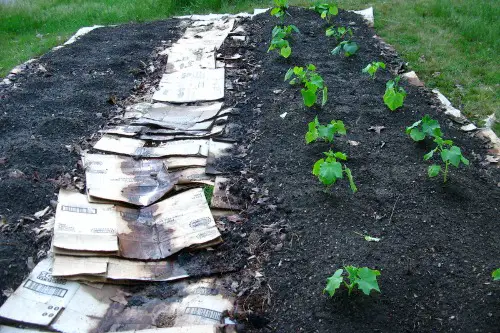
Mulch is great for moisture retention and weed control—but when piled too high or too close to your home, it creates the perfect hiding spot for termites, ants, and rodents. It’s warm, damp, and undisturbed—exactly what they’re looking for.
Keep mulch 6–12 inches away from your foundation and avoid piling it more than 2–3 inches deep. It’s about balance: enough to benefit your plants, but not enough to invite pests. Your garden beds will still thrive—without the extra tenants.
4. Planting Dense Shrubs Without Pruning
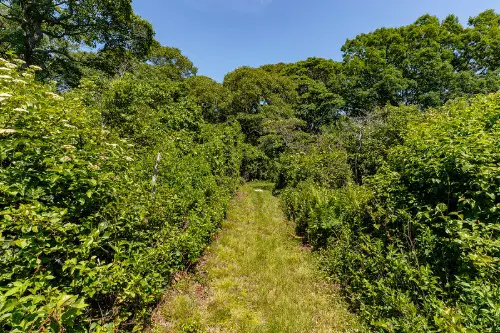
Thick, overgrown shrubs can become cozy shelters for snakes, rodents, and even skunks. If they’re close to your home or garden beds, they create hidden pathways for critters to move in undetected. What looks lush to you might look like prime real estate to them.
Regular pruning and spacing between plants improves airflow and visibility—two things most pests hate. Keep shrubs trimmed and avoid letting them touch your siding or fences. A tidy garden is a less tempting one.
5. Leaving Fallen Fruit or Veggies on the Ground

If you grow fruit trees or vegetables, fallen produce can quickly attract raccoons, squirrels, and insects. It’s like a free farmer’s market for the local wildlife. And once they associate your garden with food, they’ll start sampling the stuff still on the vine.
Do a quick sweep every few days to collect anything that’s dropped. Compost it in a sealed bin or dispose of it properly. Keeping your harvest off the ground helps protect what’s still growing—and keeps the freeloaders away.
6. Using Too Much Nighttime Lighting

Bright outdoor lights can confuse nocturnal animals and attract insects, which in turn attract bats, spiders, and other predators. It disrupts natural patterns and can make your garden feel more like a stage than a sanctuary. Not all wildlife is bad—but not all of it is welcome, either.
Use motion-sensor lights or warm, low-lumen bulbs to reduce impact. Shielded fixtures that direct light downward are better for both wildlife and your neighbors. A little darkness goes a long way in keeping the ecosystem balanced.
7. Skipping Fencing or Netting on Edibles
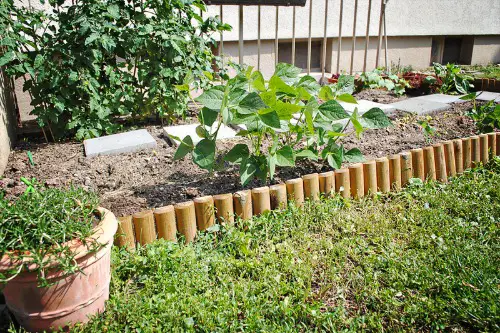
Leaving your vegetable garden unprotected is an open invitation to rabbits, deer, and groundhogs. Even a few bites can ruin a crop—and once they know where the buffet is, they’ll be back. It’s not personal. It’s just survival.
Install low fencing, raised beds with mesh covers, or floating row covers to protect your plants. It doesn’t have to be fortress-level—just enough to make them think twice. A little barrier can save a lot of lettuce.
8. Composting Without a Secure Bin

Composting is great for the planet—but if your bin is open or poorly sealed, it becomes a magnet for rodents, raccoons, and flies. Food scraps, especially meat or dairy, can create strong odors that travel fast. And once pests find it, they’ll start exploring the rest of your yard.
Use a sealed, rodent-proof compost bin and avoid adding animal products or greasy foods. Turn it regularly to reduce smell and speed up decomposition. Done right, composting nourishes your garden—not your local rat population.
This post 8 Things You’re Doing in the Garden That Are Attracting the Wrong Kind of Wildlife was first published on Greenhouse Black.
